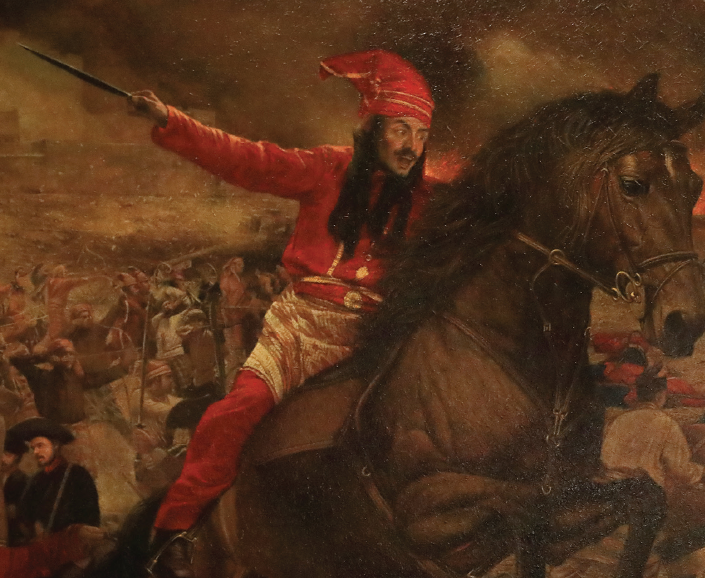By: Prabowo Subianto
Throughout Indonesia’s long history, there have been resilient leaders who defended the people and fought against colonisation. One such leader was Sultan Hasanuddin from Eastern Indonesia, who bravely resisted the Dutch’s attempt to control the Sultanate of Gowa.
Born in Makassar in 1631, Sultan Hasanuddin was the second son of Sultan Malikussaid. Known as the Rooster of the East for his bravery, Hasanuddin showed leadership qualities from a young age. He was appointed as Gowa’s minister of defence at just 21 years old and later became the King of Gowa.
During his reign, Sultan Hasanuddin stood firm against the Dutch’s trade monopolies and united the small kingdoms around Gowa to resist colonial control. He believed in using resources and seas to ensure the prosperity of his people, making Gowa a prosperous trading centre in Nusantara.
Despite his efforts, Sultan Hasanuddin had to sign the Bongaya treaty with the Dutch in 1667, which disadvantaged Gowa-Tallo and allowed the VOC to dominate Makassar. Sultan Hasanuddin continued to resist the Dutch in the following years, but Gowa-Tallo eventually collapsed after his death in 1670.
Sultan Hasanuddin’s legacy as a defender of his people and a courageous leader in the face of colonial oppression is a reminder of Indonesia’s rich history and the sacrifices made by its past heroes.
